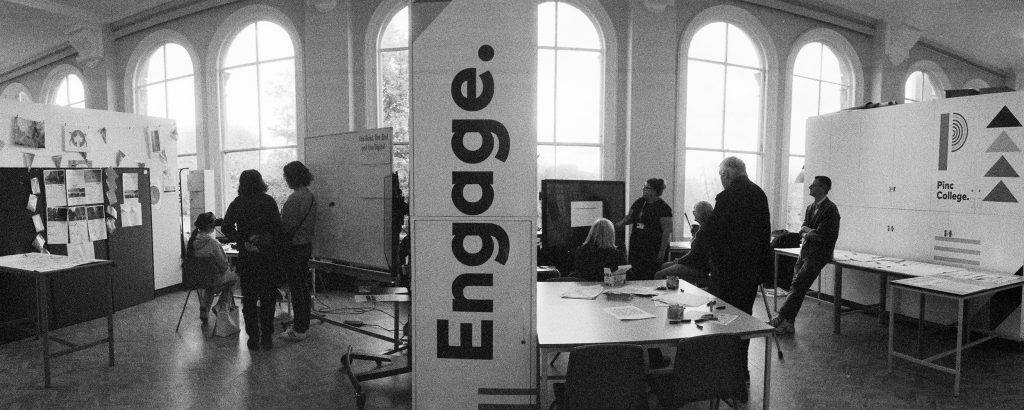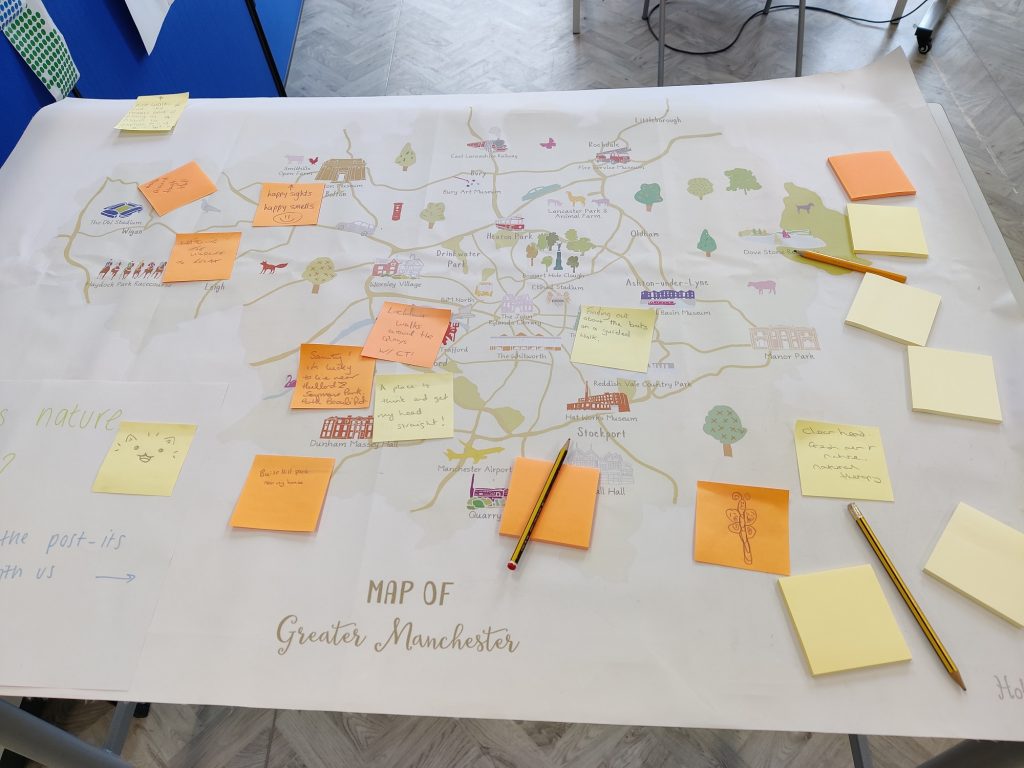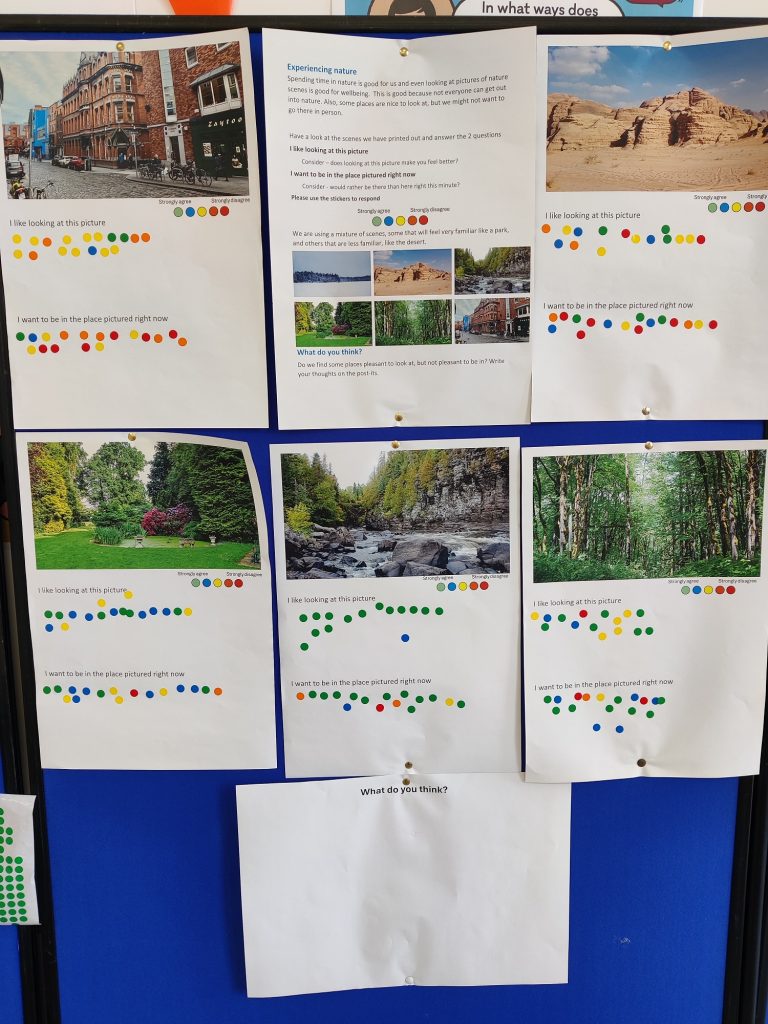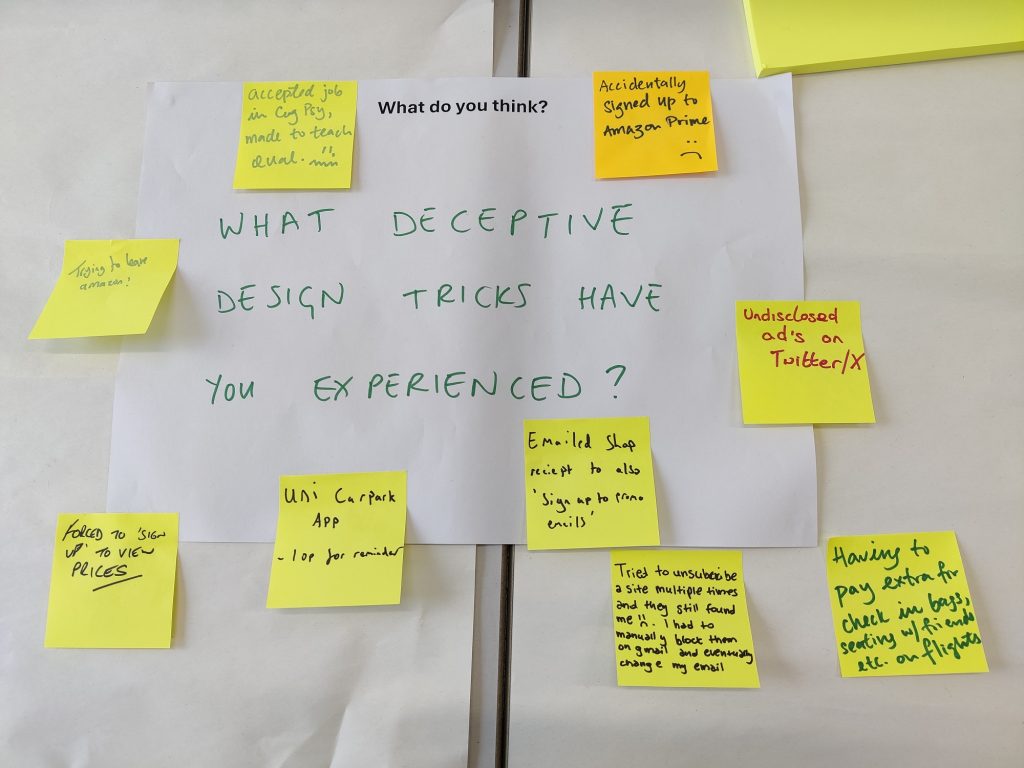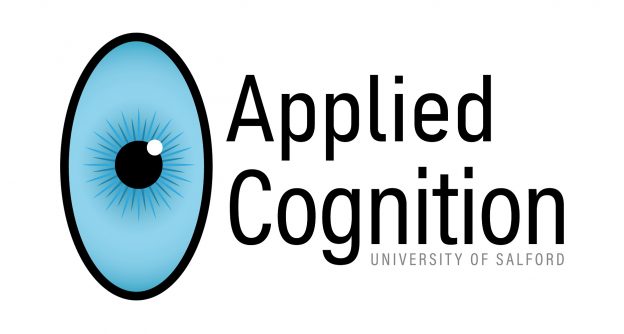As universities increase their focus on improved student mental health, wellbeing, inclusivity, and reducing student drop out (non-continuation), sense of belonging has become a hot topic for higher education. Described as “the subjective feeling of deep connection with social groups, physical places, and individual and collective experiences” (Allen, 2021, p.87), sense of belonging has been associated with better mental health and psychological wellbeing, increased student involvement, student persistence, and academic achievement. Despite its potential benefits, there are still areas where there is a lack of understanding or agreement regarding sense of belonging, highlighting the need for further research. With funding from the University of Salford EDI Research Fund, a team of psychologists from the University are working on extending our understanding of student sense of belonging, exploring ways it is measured, how it develops and changes over time at university, and whether there is a meaningful association with student ethnicity. The research team includes Associate Professor Dr Simon Cassidy, Directorate EDI Leads Dr Clare Edge and Dr Josephine Biglin, and research assistants Laura Teixeira and Leidy Gomez. One aim of the project is to involve students, offering them the opportunity to gain experience of working on a research project and developing their research skills. Laura and Leidy are both undergraduate psychology students at the University and in the next section they share some of their insights and reflections on the project and their involvement and work.
Laura Teixeira, final year psychology undergraduate:
University students are at a unique life stage, often navigating significant transitions such as moving away from home, forming new social networks, and adapting to academic pressures. Belonging is more than just fitting in, it is about being accepted, valued, and recognised within a group or community. As a psychology student at the University of Salford, I am thrilled to be part of an exciting and significant project exploring sense of belonging. This project explores how students perceive and experience belonging in their university lives, exploring factors that encourage and inhibit a sense of belonging and highlighting topics such as social exclusion, discrimination, and mental health challenges, all of which are important to establish a more inclusive community at university. The findings could inform initiatives to address mental health challenges, combat social exclusion, and enhance the university experience.
Belonging matters. Our project strives to better understand the social, psychological, and environmental elements that affect sense of belonging at university by exploring the lived experiences of students from different cultural backgrounds. As a co-producer and research assistant, this project has allowed me to develop valuable skills and contribute to the research process. My responsibilities are varied and include attending and research team meetings, supporting data collection, and locating and reviewing relevant literature. One of my first tasks was to conduct a literature review to identify current theories and research related to sense of belonging and help shape and refine the project. I was also involved in the project development process, contributing to discussions around the most appropriate qualitative techniques, debating the relative benefits of focus groups and interviews, and contributing ideas to help adapting research tools that reflect the authentic student experience of sense of belonging at Salford. As part of my role as research assistant I was able to gain experience using a dedicated Microsoft Teams site for the project and also Infonetica, a new ethics submission application portal. As it was my first time using Teams in this way, I did struggle initially. I didn’t know how to access it, create projects, add documents, etc. My first experience with Infonetica wasn’t great either. Thankfully I worked with very understanding and patient people who understood my struggles, and as a collaborator on Teams, I was able to share opinions and insights with the project team.
Being involved in this research project has been rewarding academically and personally. This experience will benefit me as an undergraduate psychology student and in my future career by allowing me to apply theoretical knowledge in real-world contexts. Working closely with experienced researchers has provided me with valuable mentorship and I have developed skills that will undoubtedly serve me well in my future career as a forensic psychologist. More importantly, working on this project has deepened my understanding of the significant role sense of belonging plays a person’s life, reinforcing my passion for psychology as a tool for change.
Leidy Gomez, second year psychology undergraduate:
Within a university setting, a sense of belonging encompasses more than mere social acceptance. It is an ingrained, lived experience shaped by recognition, inclusion, and the undeniable sense that one’s presence is valued and integral to the academic community. It influences how students engage with their learning, form connections, and navigate their place within the wider university environment. The concept of belonging has always been a subject of interest to me, both as a psychological construct and as an essential component of emotional and overall well-being. Having observed and understood moments of disconnection, I recognise how vital it is for students to feel seen, heard, and included in their learning spaces. I am therefore pleased to contribute to such a valuable project, which aims to deepen our understanding of belonging and ultimately enhance the student experience at the University of Salford.
It has been a tremendously rewarding and inspiring experience to be part of a team dedicated to amplifying student voices. During this project, my responsibilities have encompassed supporting the recruitment process, conducting focus groups, and assisting with data analysis. These tasks have provided me with invaluable experience in qualitative research and have significantly developed my skills in data collection and interpretation, particularly through the application of Braun and Clarke’s (2006) thematic analysis. Furthermore, the experience of working with a team of experienced, approachable academics has been particularly beneficial. They have imparted their expertise and facilitated my development in acquiring a more profound knowledge and comprehension of the research process. This practical experience has enhanced my research abilities and facilitated the integration of academic learning with practical application. The knowledge and insight I have acquired will be instrumental in shaping both my academic journey and future career.
If you would like to know more about this project, please contact Dr Simon Cassidy email: s.cassidy@salford.ac.uk
References
Allen, K. A., Kern, M. L., Rozek, C. S., McInerney, D. M., & Slavich, G. M. (2021). Belonging: a review of conceptual issues, an integrative framework, and directions for future research. Australian Journal of Psychology, 73(1), 87–102. https://doi.org/10.1080/00049530.2021.1883409
Braun, V., & Clarke, V. (2006). Using thematic analysis in psychology. Qualitative research in psychology, 3(2), 77-101.


